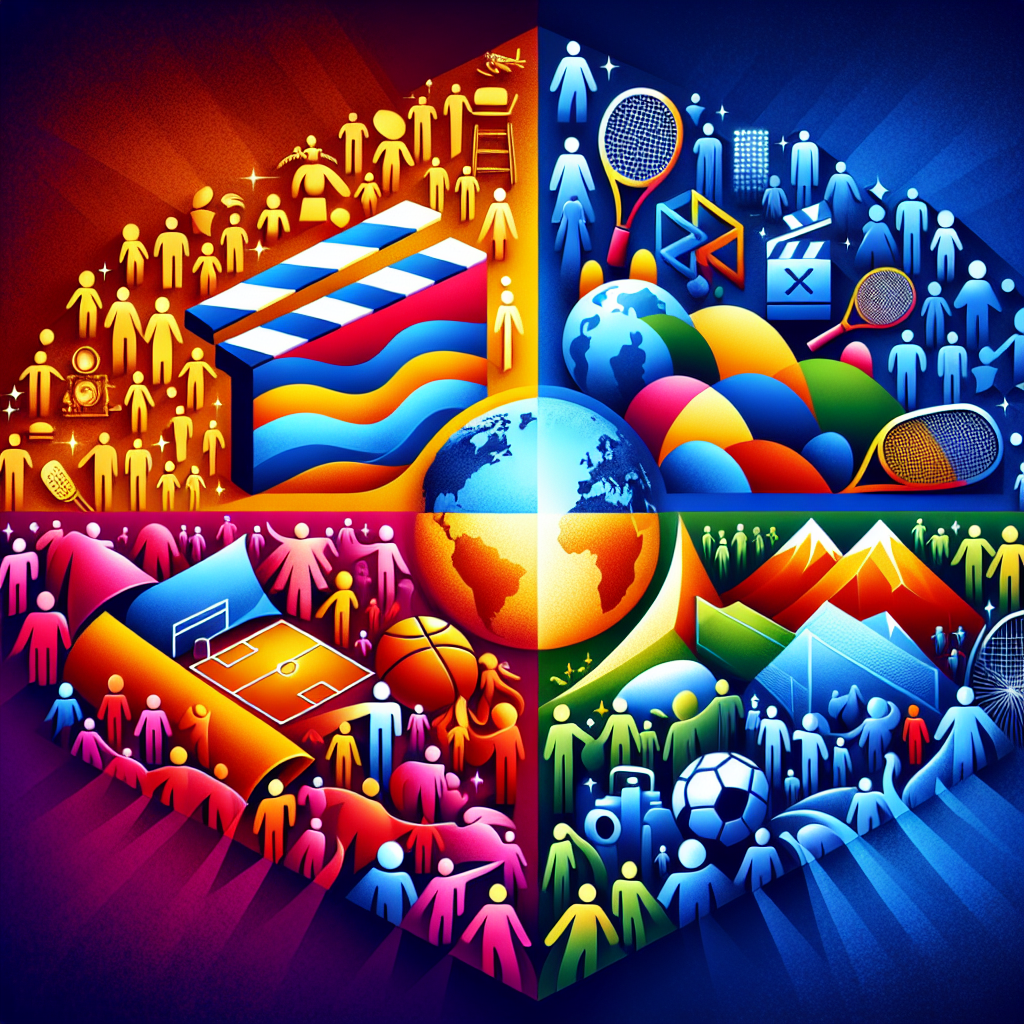There’s a data point that caught my eye recently.
For Gen Z, the number one reason to use TikTok is no longer entertainment. It’s news.
Yes, news. The same app known for dance trends and meme culture is now, for an entire generation, the primary gateway to what's happening in the world.
This isn’t a glitch in the algorithm. It’s a mirror to how Gen Z thinks, feels, and consumes.
The Collapse of Categories
For older generations, there were separate destinations:
- TV for news
- YouTube for entertainment
- Google for research
- Instagram for friends
For Gen Z, these walls are gone. TikTok is not just where you watch—it’s where you learn, question, feel, and react. It’s where you discover, often by accident. Scroll for a K-drama edit, stay for a breakdown of the Gaza conflict. And maybe end with a three-part series on ADHD diagnosis among women. All in one sitting.
Algorithm as Editor
What replaces the newsroom editor? An algorithm. One that isn’t bound by editorial judgment, but by engagement signals.
Gen Z doesn’t start their day asking, “What’s in the headlines?”
They ask, “What’s everyone talking about?” And TikTok answers.
That’s why news on TikTok isn’t about press conferences or official statements—it’s about what feels urgent in your world. It’s global events told through local emotions. It’s stitched, duetted, remixed truth-telling.
A Shift from Authority to Authenticity
Traditional media still clings to objectivity. TikTok leans into subjectivity. Gen Z doesn’t expect a neutral voice. They want:
A perspective
A point of view
Someone who sounds like them, not speaks to them
And increasingly, they find those voices in creators—not institutions.
Whether it’s @underthedesknews simplifying U.S. politics or first-person footage from protest sites, what matters is proximity. Not geographic, but emotional.
The New Literacy
Of course, this raises valid concerns—about misinformation, about echo chambers, about attention spans.
But here’s the thing: Gen Z isn’t passive. They’re skeptical by default. They expect bias and cross-check through creators, comment sections, and side-by-side stitches. That’s not media illiteracy—it’s a new kind of literacy.
The Takeaway
TikTok has become Gen Z’s CNN, Reddit, and John Oliver—all rolled into one, but faster, messier, and infinitely more human.
Not because they don’t care about the world. But because they want to see the world through someone like them.
Not as a bulletin. But as a story. With a face. And a voice that feels real.
That’s the future of news. And for Gen Z, it's already here.
Featured Blogs
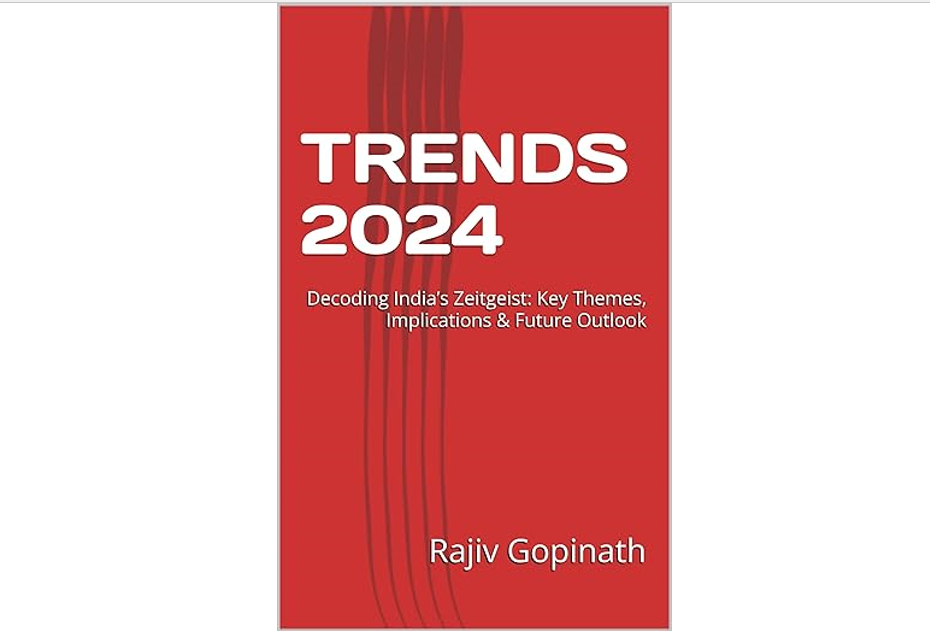
TRENDS 2024: Decoding India’s Zeitgeist: Key Themes, Implications & Future Outlook
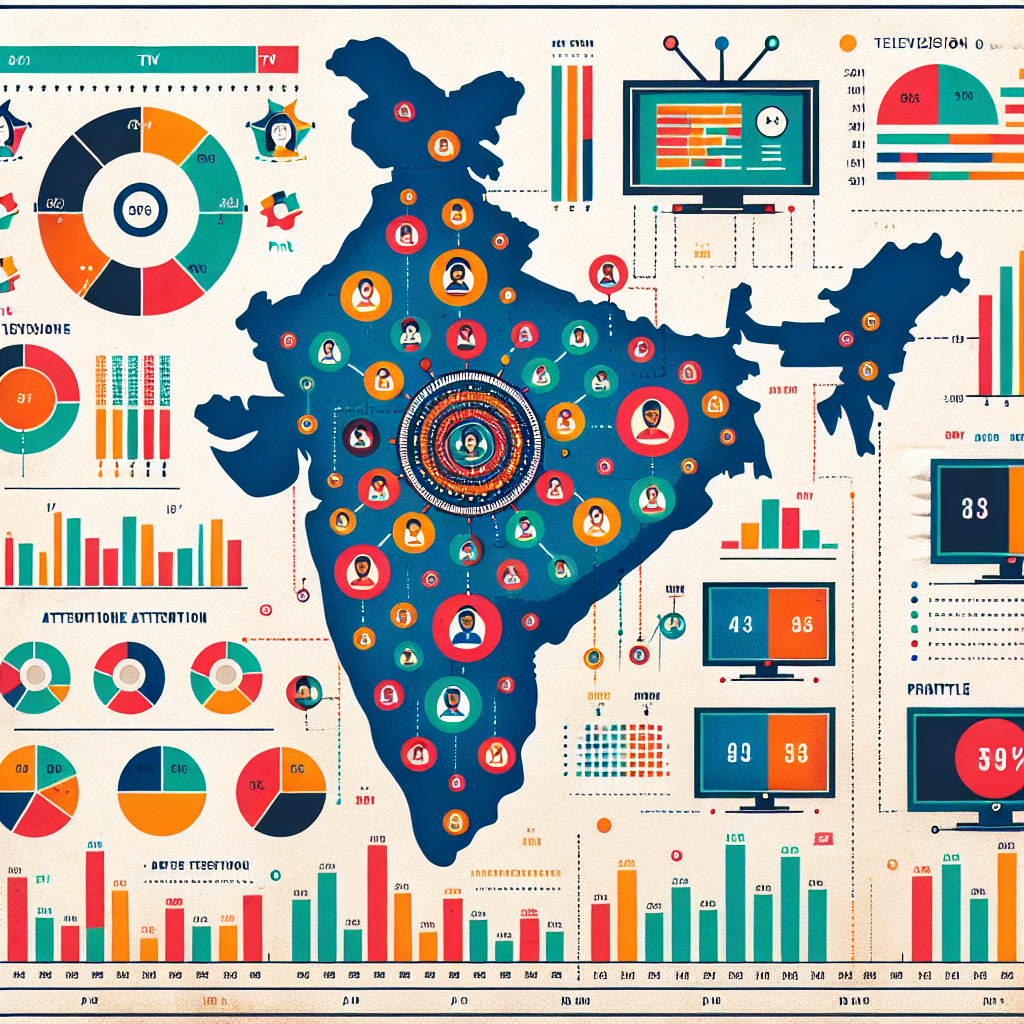
How to better quantify attention in TV and Print in India
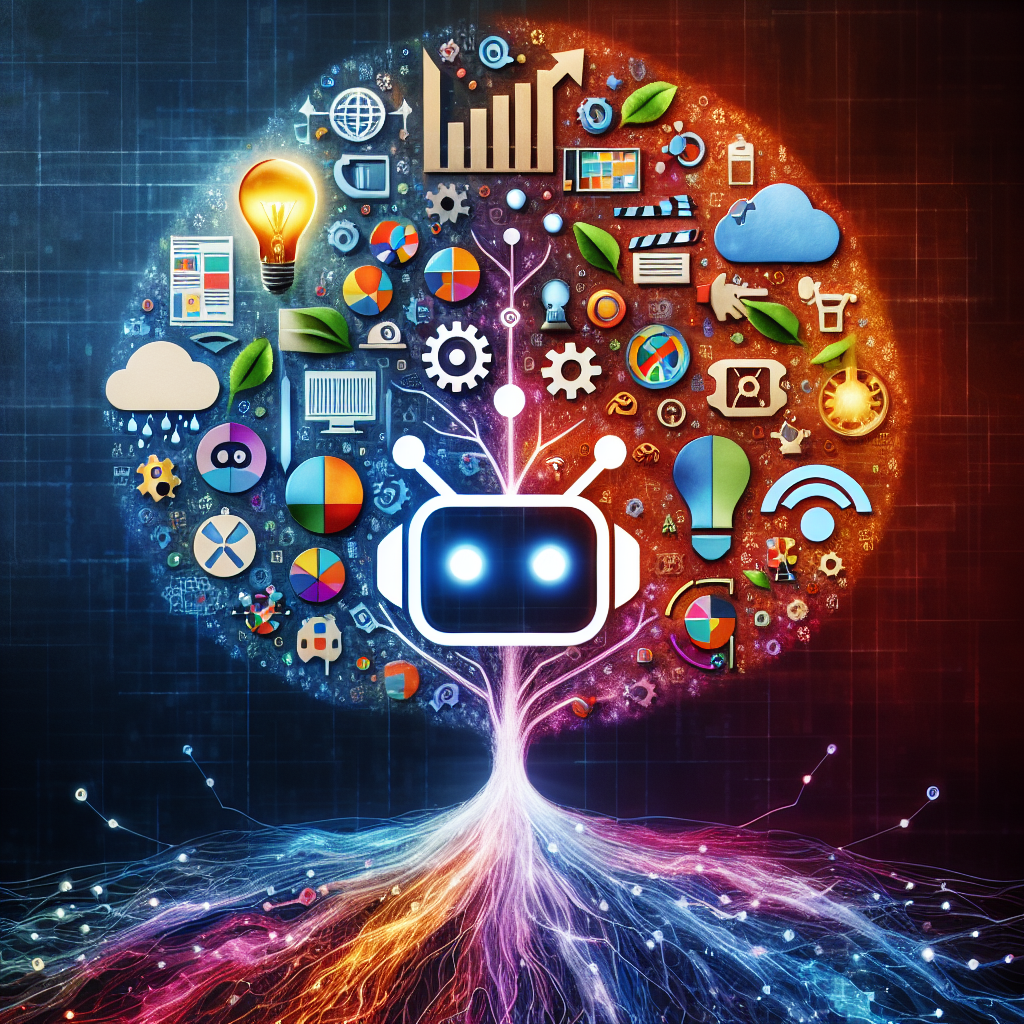
AI in media agencies: Transforming data into actionable insights for strategic growth

How the Attention Recession Is Changing Marketing
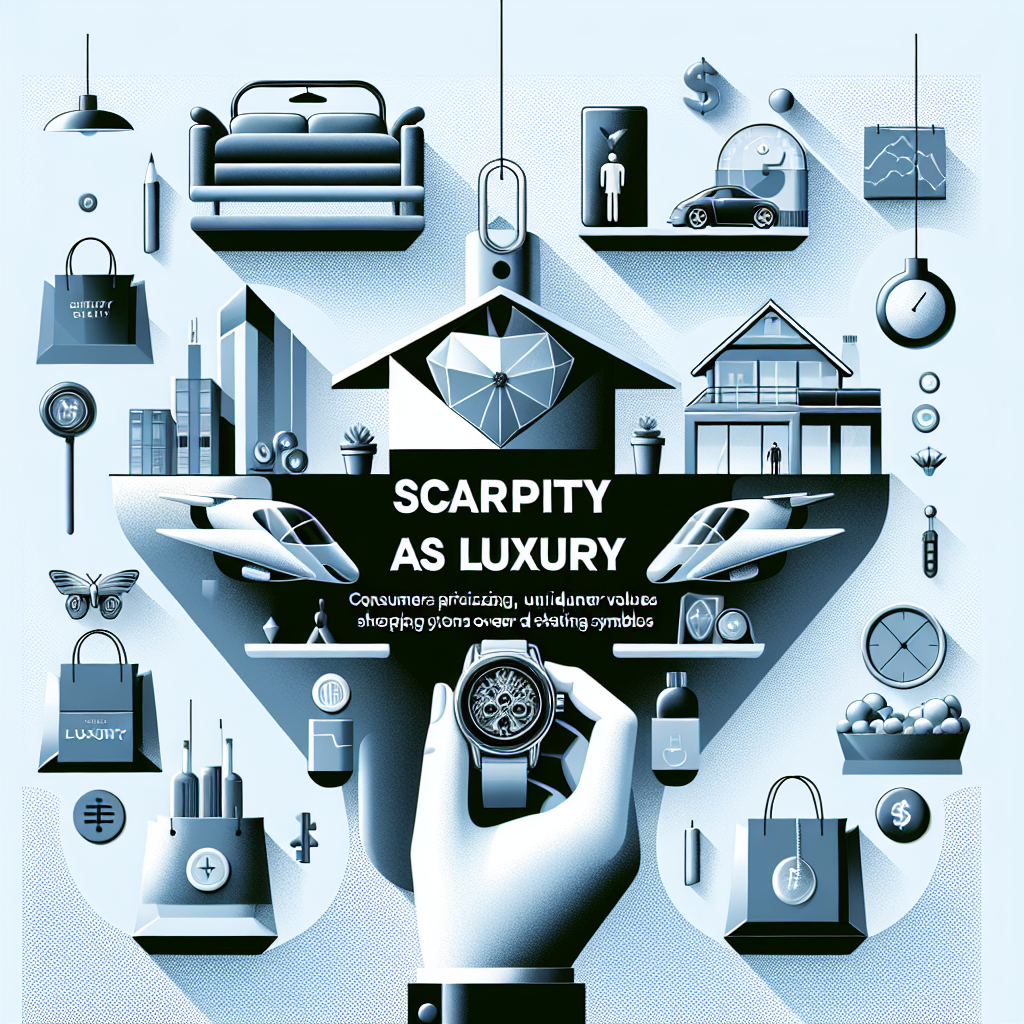
The New Luxury Why Consumers Now Value Scarcity Over Status

The Psychology Behind Buy Now Pay later

The Rise of Dark Social and Its Impact on Marketing Measurement

The Role of Dark Patterns in Digital Marketing and Ethical Concerns

The Future of Retail Media Networks and What Marketers Should Know
Recent Blogs
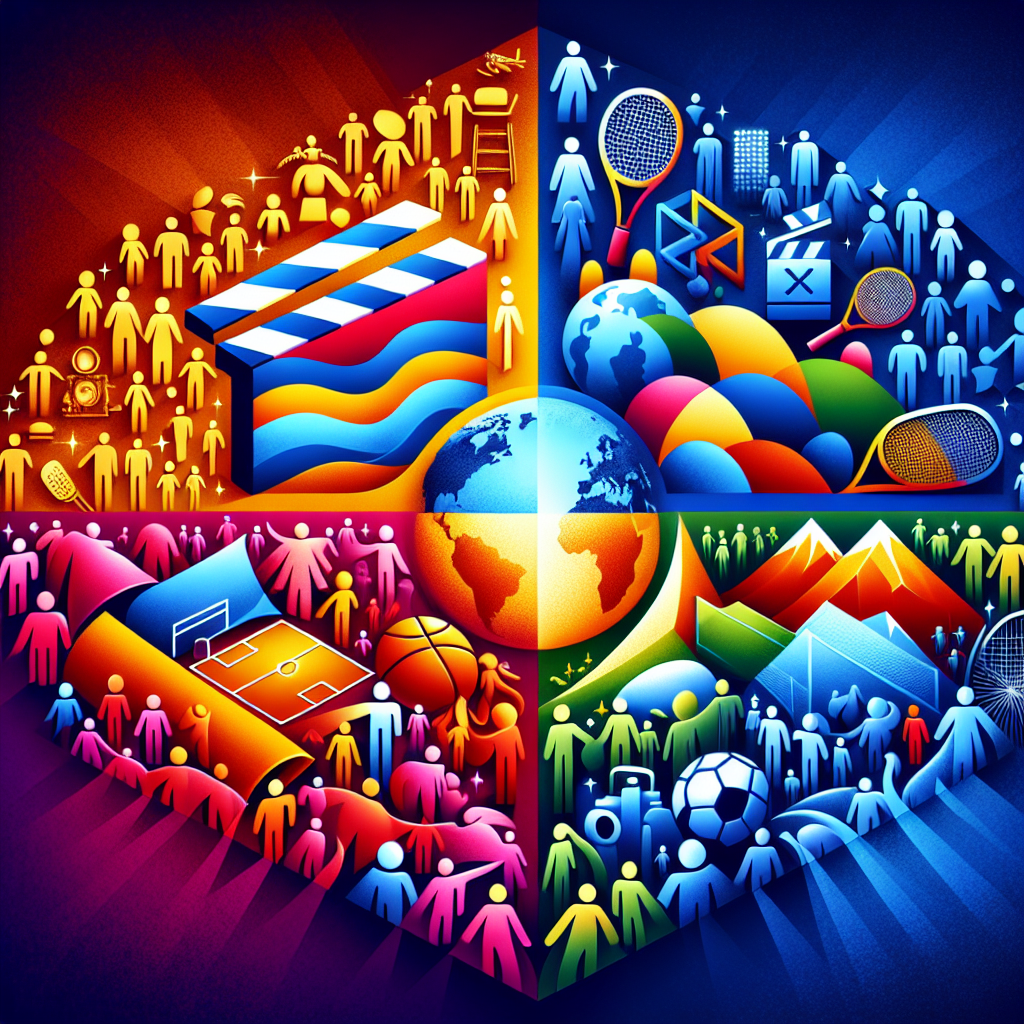
Trending Topics of The Week (20th January – 26th January)
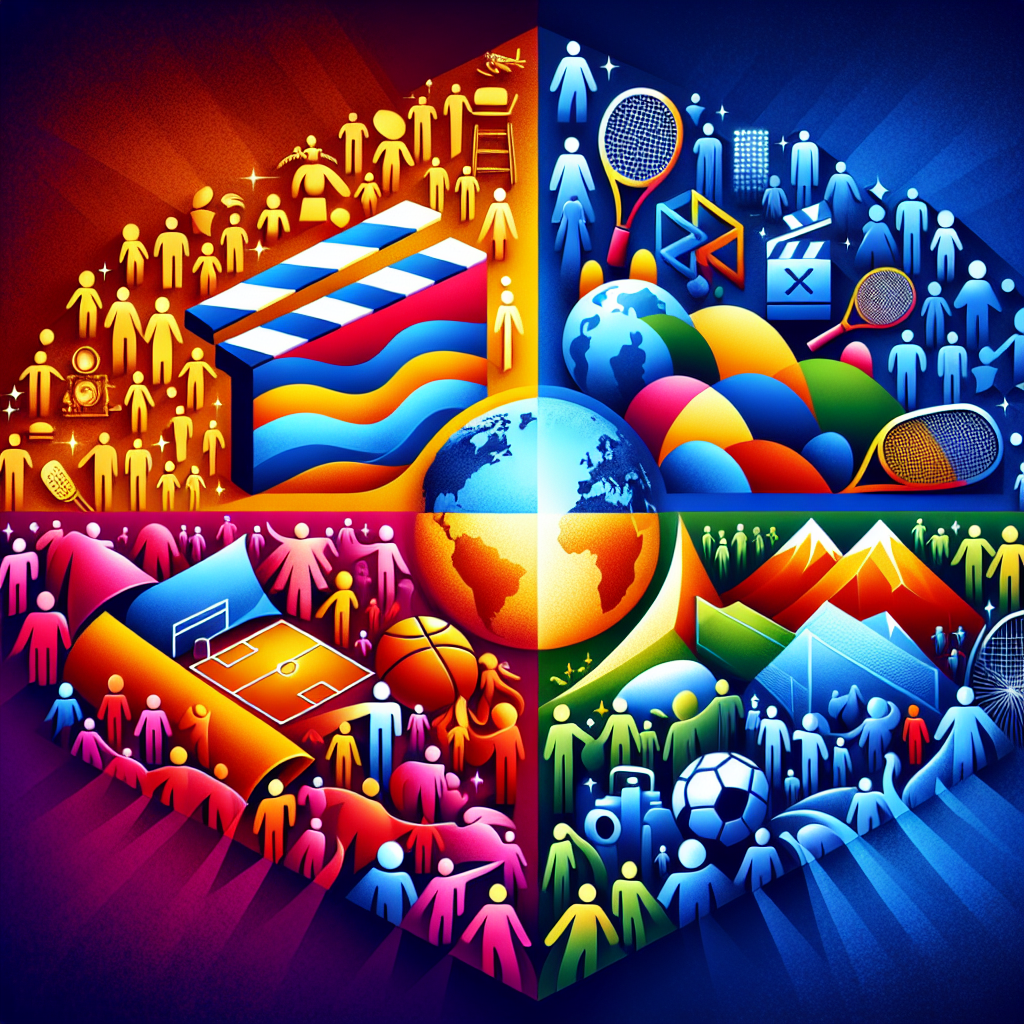
Trending Topics of The Week (13th January – 19th January)
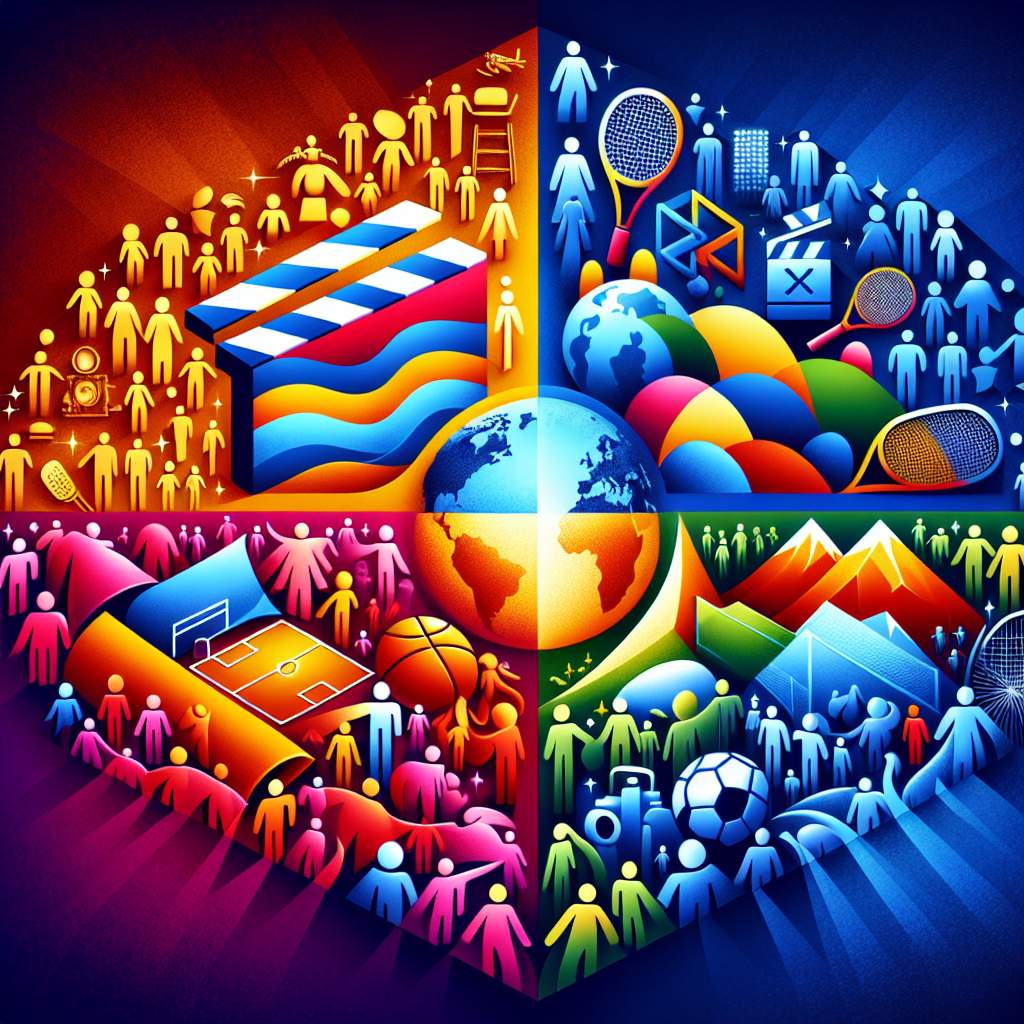
Trending Topics of The Week (6th January – 12th January)
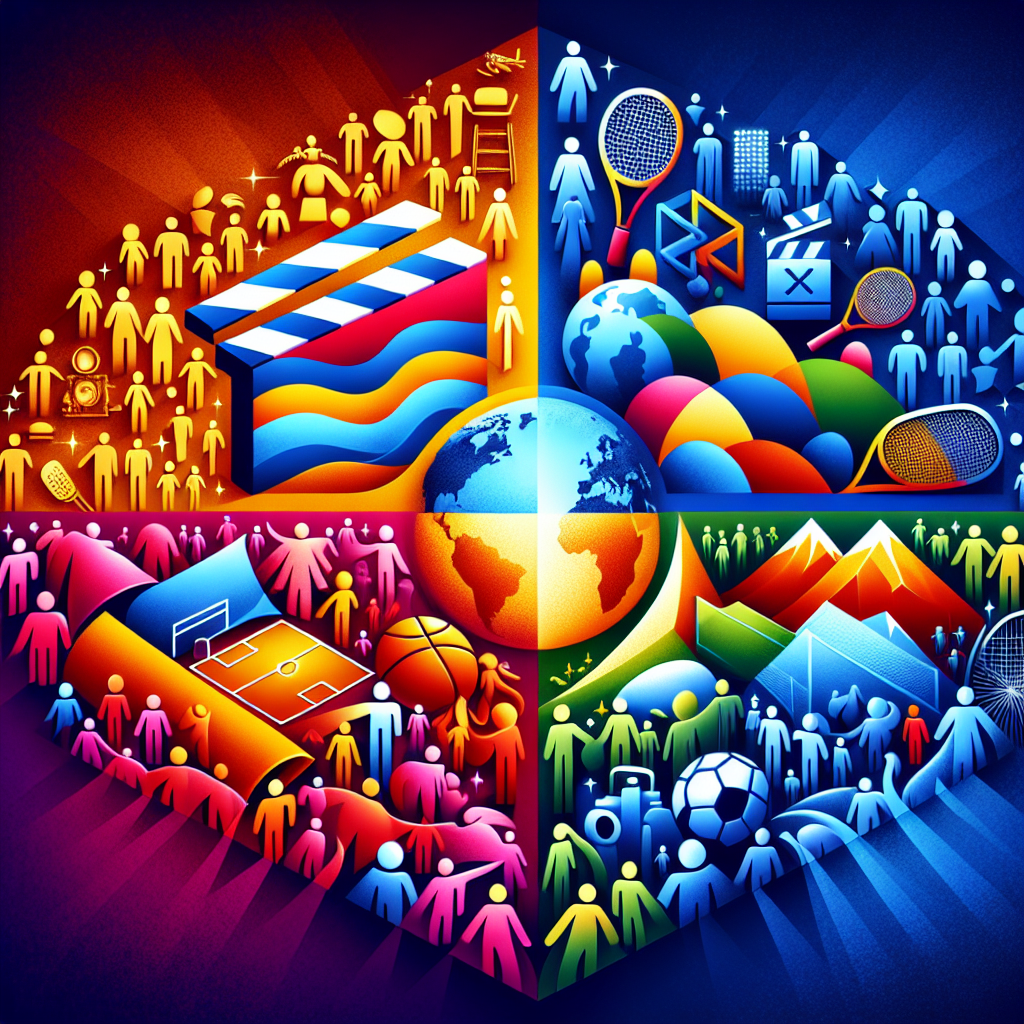
Trending Topics of The Week (30th December – 5th January)
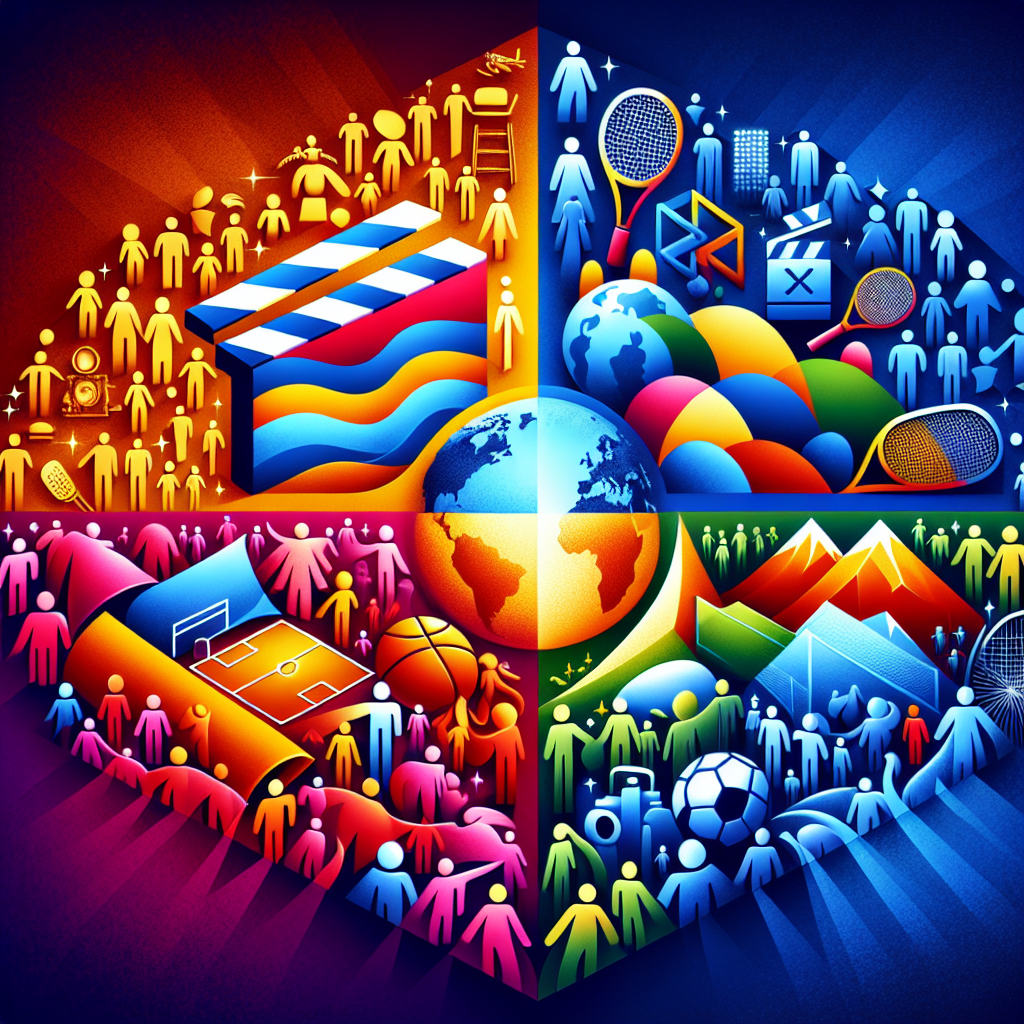
Trending Topics of The Week (23rd December – 29th December)
